Poet of Ordinary Mysteries
Vern Rutsala ’56
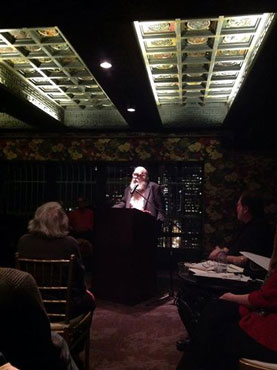
Vern Rutsala at his last public reading Photo by Maxine Scates
Vern Rutsala, a major, if underrecognized, American poet, died in Portland on April 2, at the age of 80. His books were widely praised, and his penultimate collection The Moment’s Equation was a finalist for the National Book Award, but his many honors were ultimately unequal to his accomplishments.
Having lived all his life in the Pacific Northwest—far from the publishing centers and reputation mills of the East Coast—Vern made a virtue of obscurity. Working at a constant rate, and opening veins of rich, dark ore, his subjects were the daily weather of our lives, the small victories and defeats of mislabeled “common folk.”
Born in Idaho in 1934, he moved with his family to Oregon when his father lost his farm to the Great Depression. After a brief time in California, they lived in Vanport, among other places, before settling in Milwaukie, where Vern was quarterback and captain of the football team . . . an experience, he held, more instructive for a poet learning his craft than literary theory. Upon graduating, he spent a year at Portland State University before transferring to Reed, where he met Joan Colby ’55, his future wife from whom he was inseparable for half a century. They raised three children: Matthew ’83; David, a writer and cinematographer; and Kirsten, a professor of Russian literature.
At Reed, he was taught and encouraged by poet Prof. Kenneth Hanson [English 1954–86], with whom he wrote a creative thesis. After serving in the army, he did an MFA in the glory days of the Iowa Writers’ Workshop, where among his contemporaries were Lawson Inada and Michael Harper and where he was taught by, among others, Donald Justice, who said of his work: “There is one way in particular in which Vern Rutsala could and in my view should be an example to us all, an example of how to put to maximum use the simplest things in our lives.”
He then taught at the University of Minnesota in the company of John Berryman. After short stints at Bowling Green State University and the University of Redlands, he returned to Portland to join the English department at Lewis & Clark College, where he remained for the rest of his career. He served as a visiting writer at Reed in 1992–93, 1999–2000, and 2006–07, and retired in 2004 after 45 years of teaching.
From his first book, The Window (Wesleyan University Press, 1964), he established his voice and subject matter as in these two stanzas, the first and last of “Sunday”:
Up early while everyone sleeps
I wander through the house,
pondering the eloquence
of vacant furniture, listening
to birdsong peeling
the cover off the day.
. . . . . . . . . . . . . . . . . . . .
O fat god of Sunday
and chocolate bars, watcher
over picnics and visits to the zoo,
will anyone wake up today?
The lines combine the sublime and the ridiculous of the midcentury American quotidian with a kind of slapstick wisdom, taking things as they come, not too seriously, but in dead earnest.
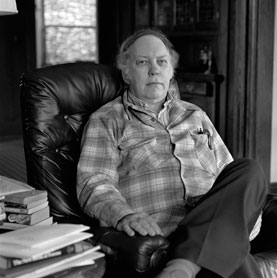
Photo by Robert Miller
A man with great heart and great compassion, Vern also knew the bitterness of disappointment at the seemingly endless follies of our government’s foreign and domestic policies. Whenever there was a reading or a benefit for some good cause, Vern could always be counted on. Having come from a working class Finnish/Irish background, he never forgot that marginalization was his native ground, and he stood with and for anyone who shared it.
I had the honor of reading with Vern many times, including his last reading on the occasion of a celebration of his 80th year sponsored by the Mountain Writers Series at the 2014 conference of the Association of Writers & Writing Programs in Seattle. He was well and glowing in his new prophet’s beard, and read with the strength and conviction that he always brought to the most elevated or the humblest audience. A mere two weeks later I got the call from Joan that he had died. It still seems impossible that so vital a voice will not be heard again outside the pages of his books.
As R.D. Spector wrote of his work in Saturday Review: “For all the casual language, there is a precision of metaphor; for all the quietness, a moving force, and for all the commonplace experiences, a genuine significance . . . Rutsala is a poet of the very real world . . . It is not merely authenticity but understanding and wisdom that speak out.”
I am obviously a fan, not to say a fanatic. We were old friends; the Rutsalas stood up for me and my wife, Prof. Lisa Steinman [English 1976–], at our wedding. We met frequently for dinner, drinks, and conversation at some of the dingier watering holes in southeast Portland. I believe I can say with some objectivity that Vern’s posthumous reputation will grow, just as his talent and craft grew from book to book, culminating in The Long Haul, due to be published by the excellent Carnegie Mellon University Press in 2015, from which the following poem is taken. Judge for yourself.
“Sorry Roads”
Their sorrow is something like
buyer’s remorse. They chose
their paths but now regret it,
realizing—too late—they could
have gone to the seashore
or forests of sweet pines.
But there is one I like, ignored
by engineers, looking like
the sorriest of them all. It’s off
the map in Idaho and rises
and falls, goes over rickety bridges,
seems almost to lose its way
completely but finally staggers
into the yard of the old farm
one sepia evening, the years
peeling back like stripping bark
from a willow. It’s the time
the old man cleared the land
for the homestead and hammered
the old house together
with his bare fists.
Tonight I catch the scent
of sawdust, the new siding still
white as a stripped willow.
. . . . . . . . . . . . . . . . . . . .
More about Vern
Hubbub magazine (Reed, December 2010)
Appeared in Reed magazine: September 2014 as "Poet of Ordinary Mysteries," by Jim Shugrue.
comments powered by DisqusFrom the Archives: The Lives they Led
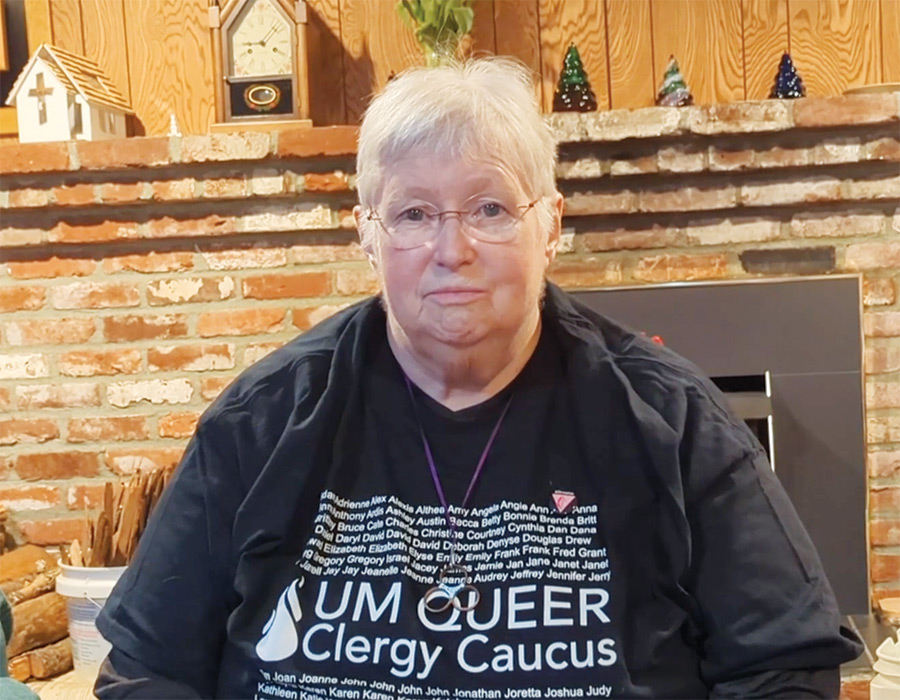
Jeanne Knepper ’69
The First Openly Gay Woman to Be Ordained and Appointed Within the Oregon-Idaho Conference of the United Methodist Church
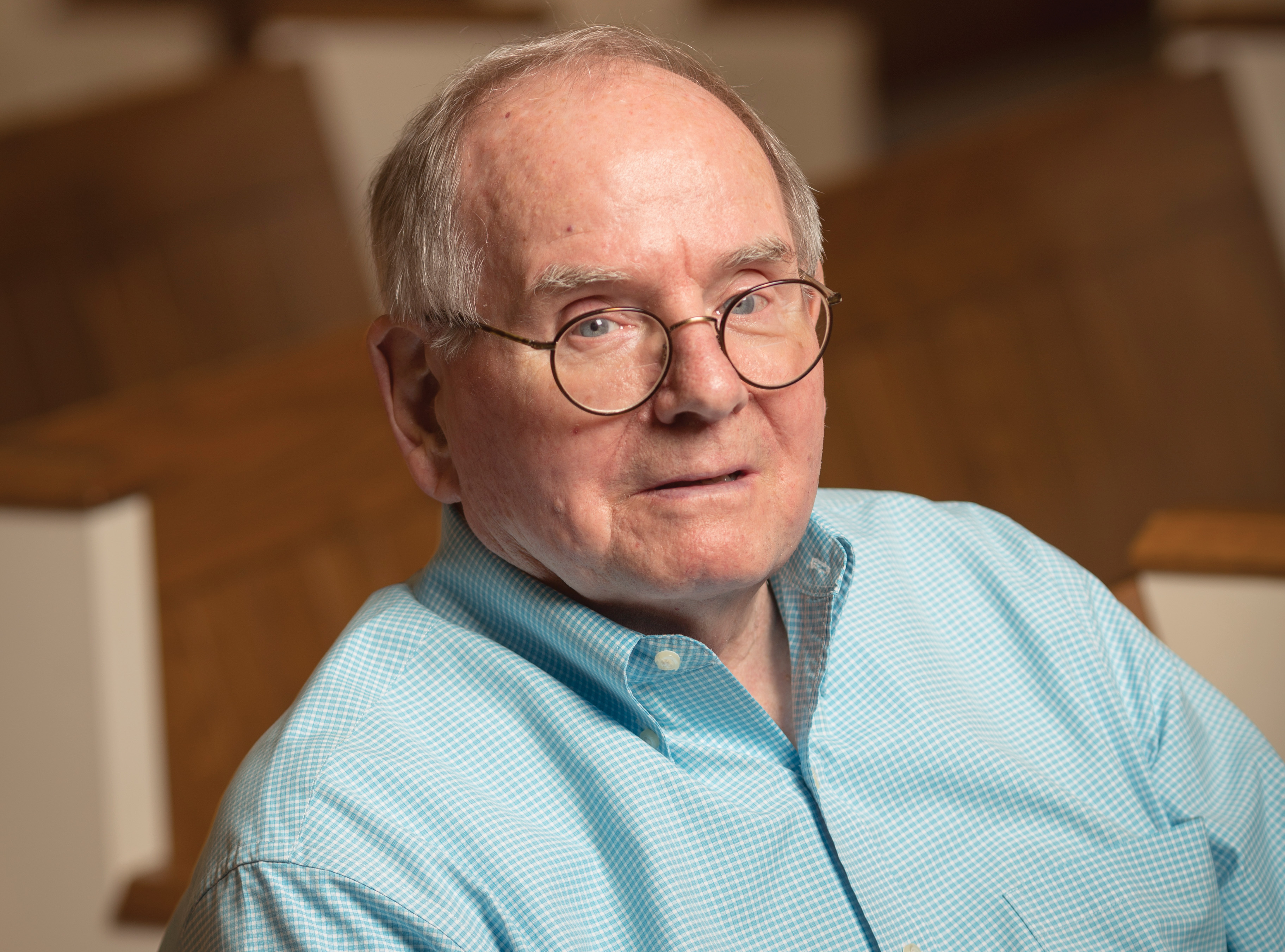
William Haden
As Acting President of Reed, He Strengthened the College's Finances and Alumni Relations
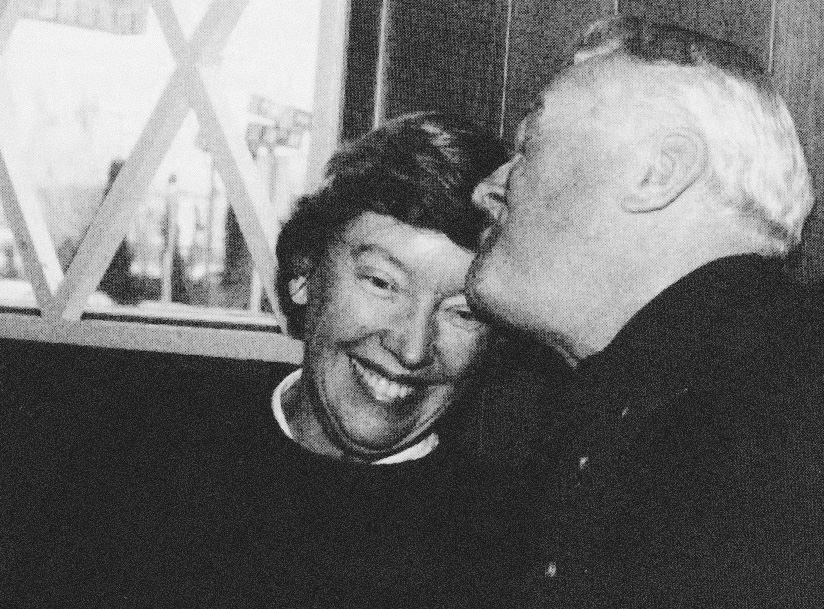
Nancy Horton Bragdon
Reed’s First Lady Whose Warmth and Leadership Were Invaluable During a Turbulent Time

![Photo of Larry Church [chemistry ’73–80]](https://www.reed.edu/reed-magazine/in-memoriam/assets/images/Larry-Church.jpg)
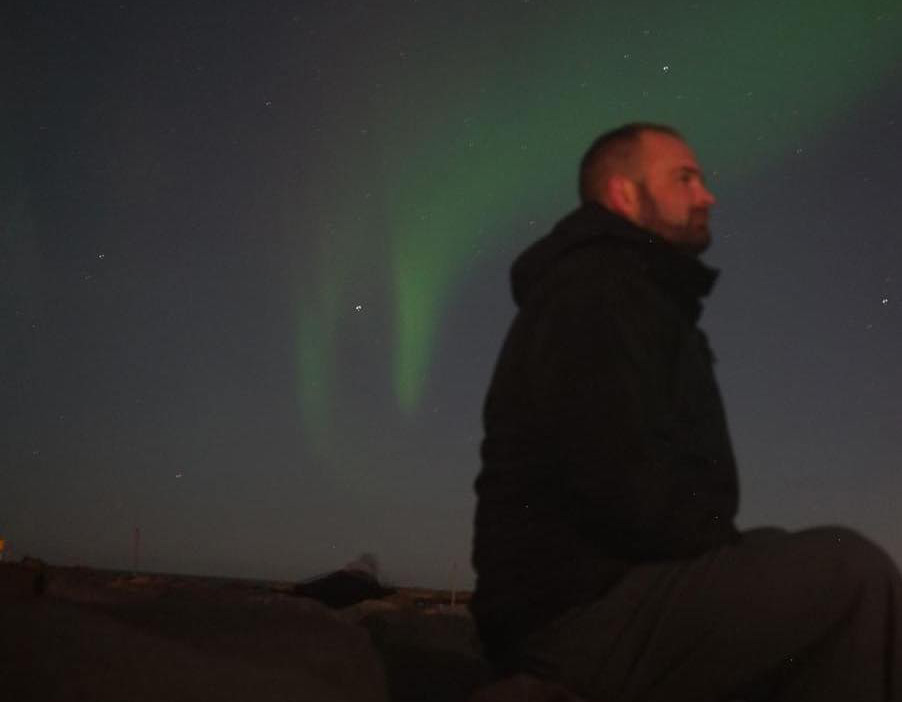
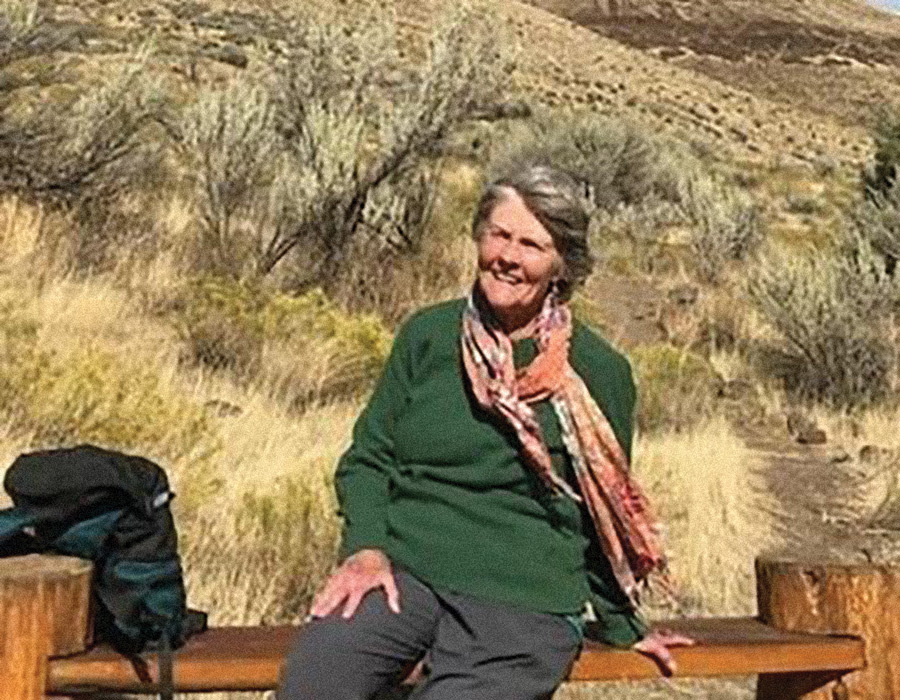
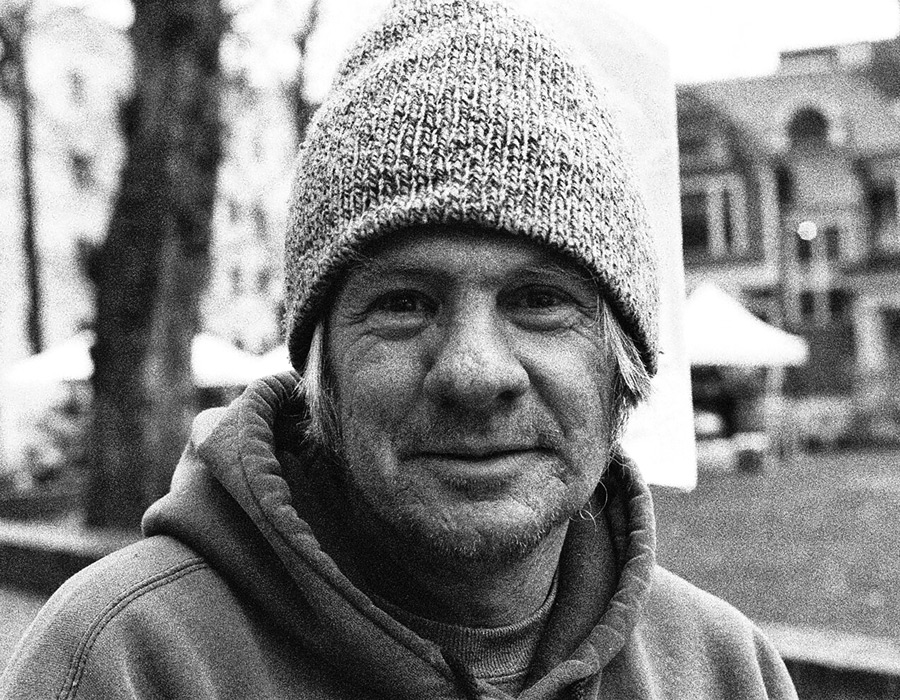
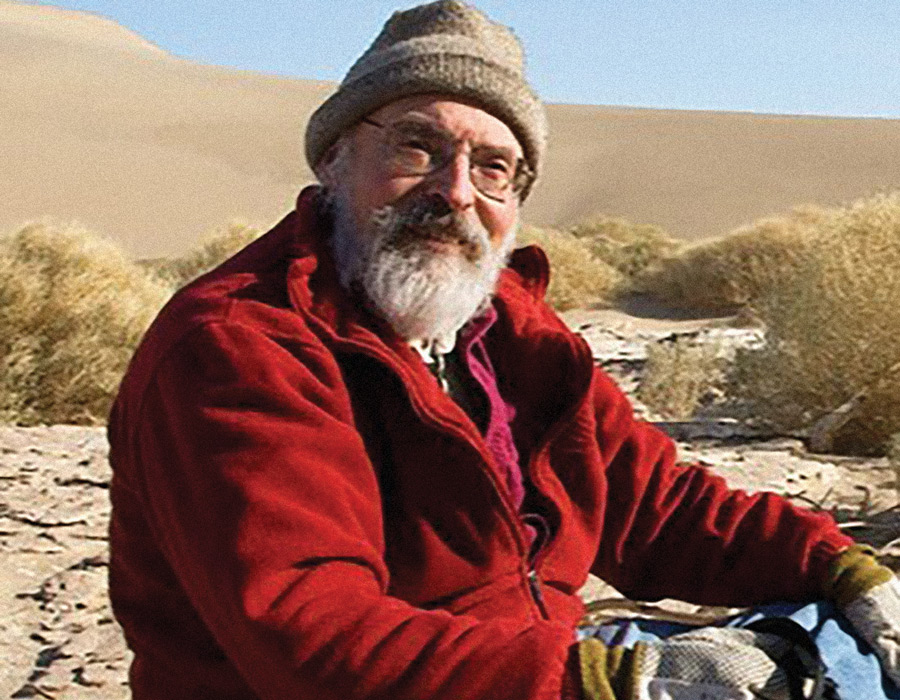
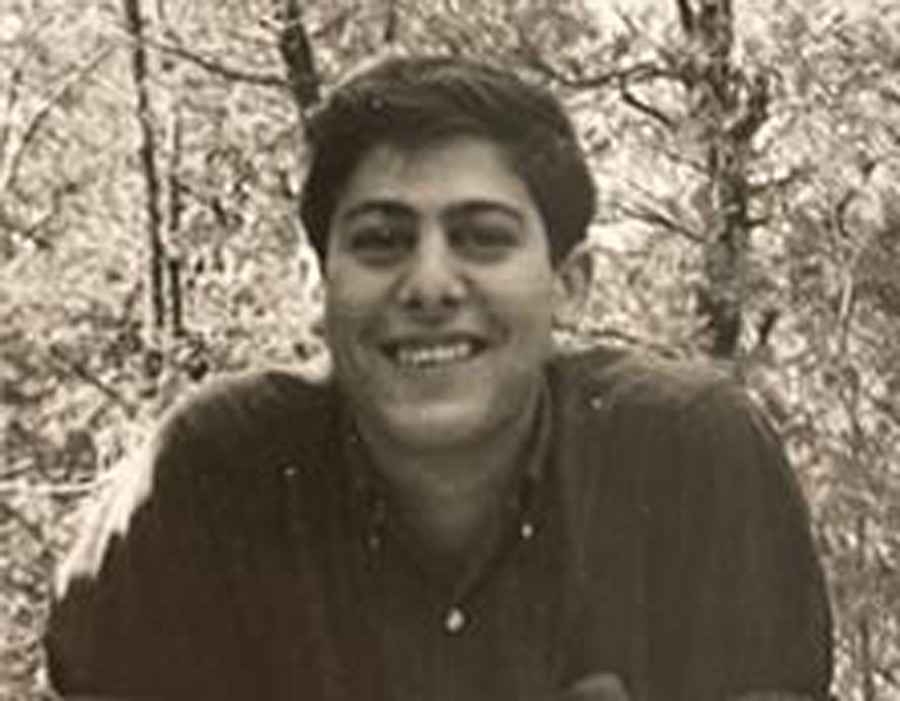
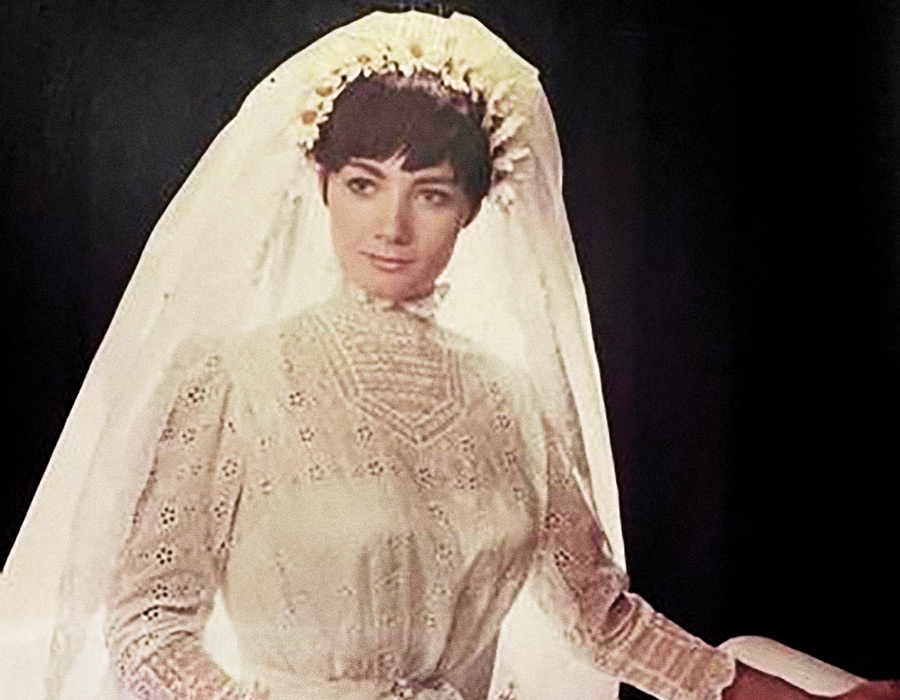
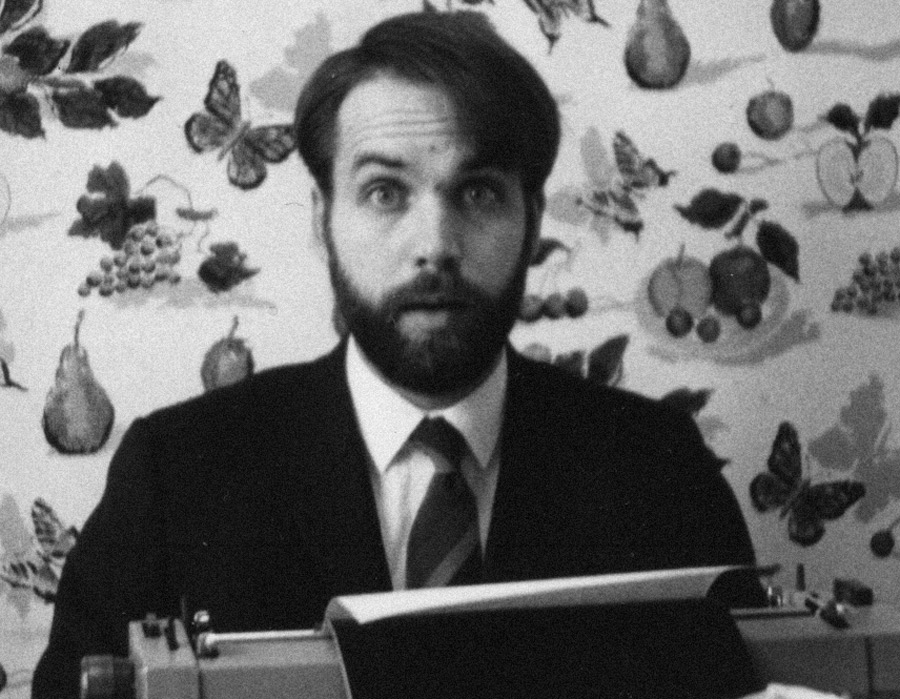
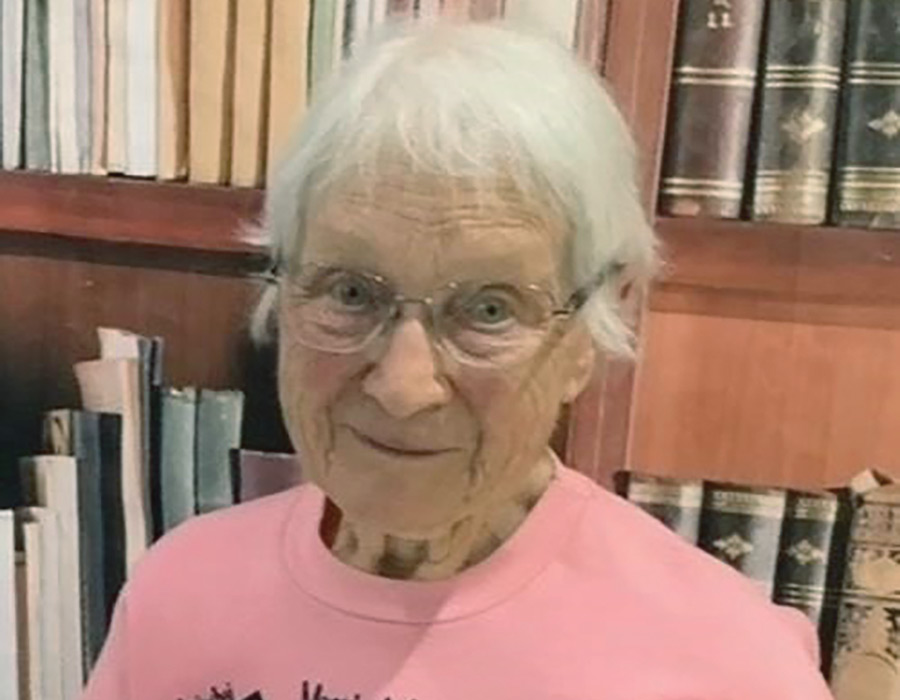

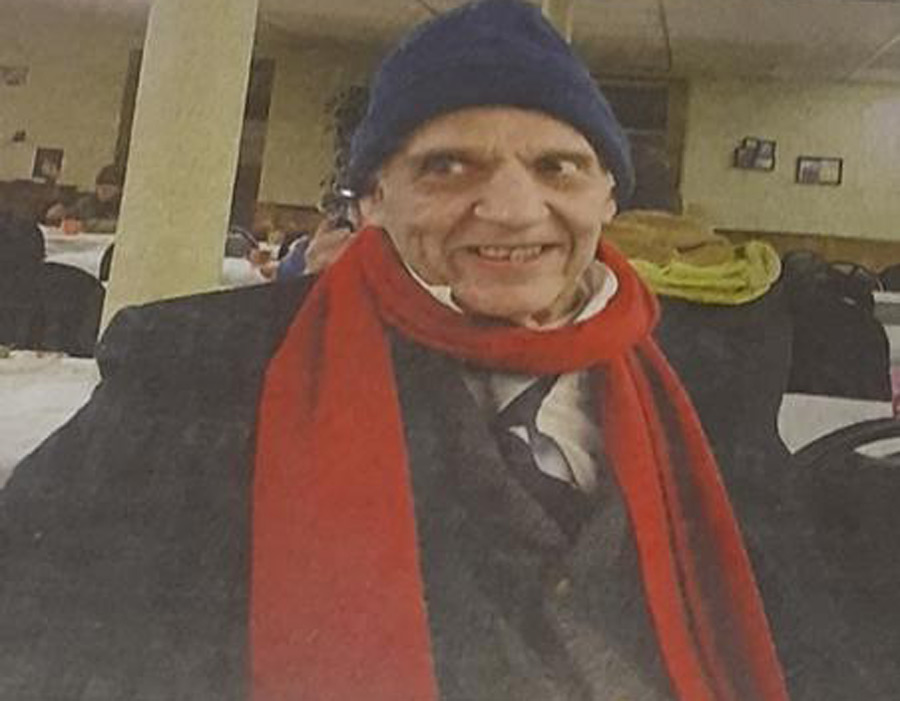
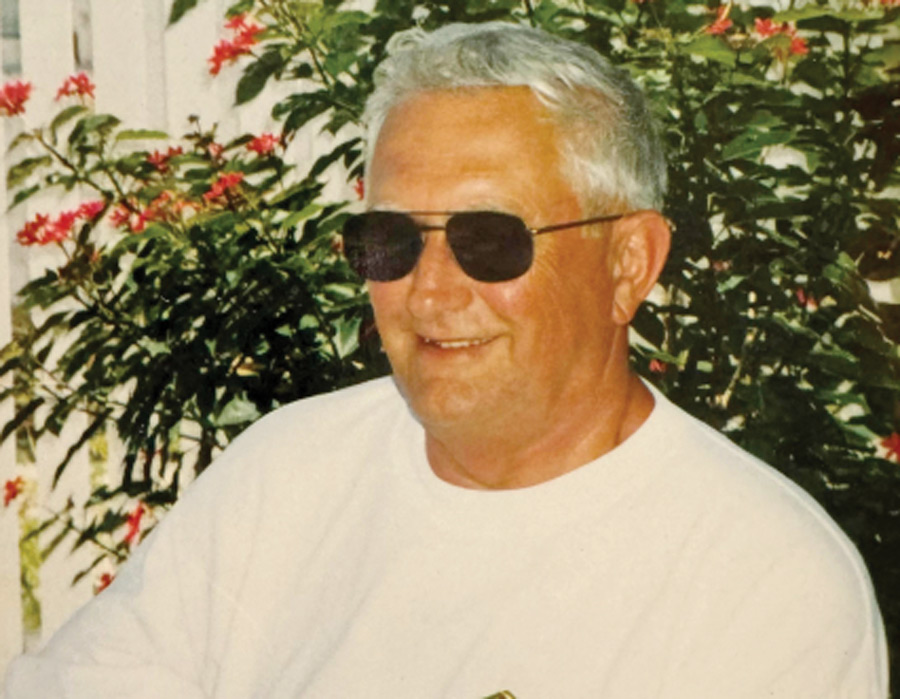
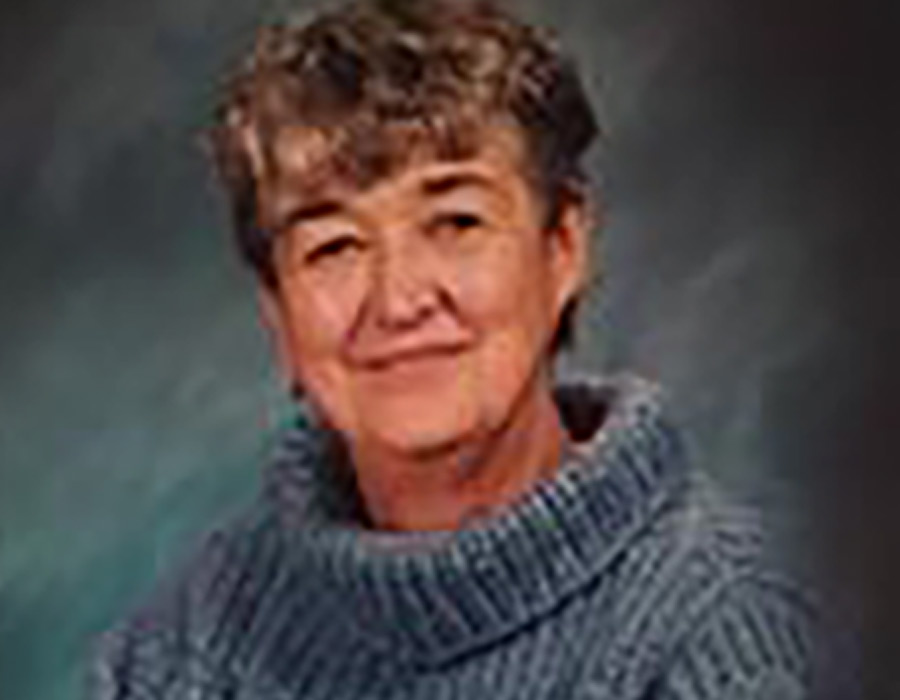
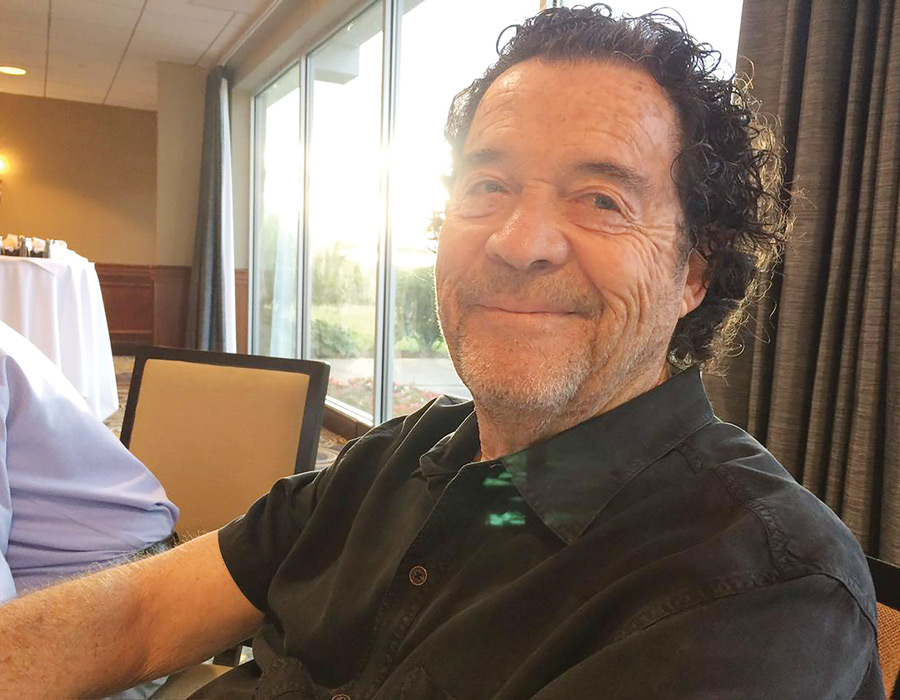
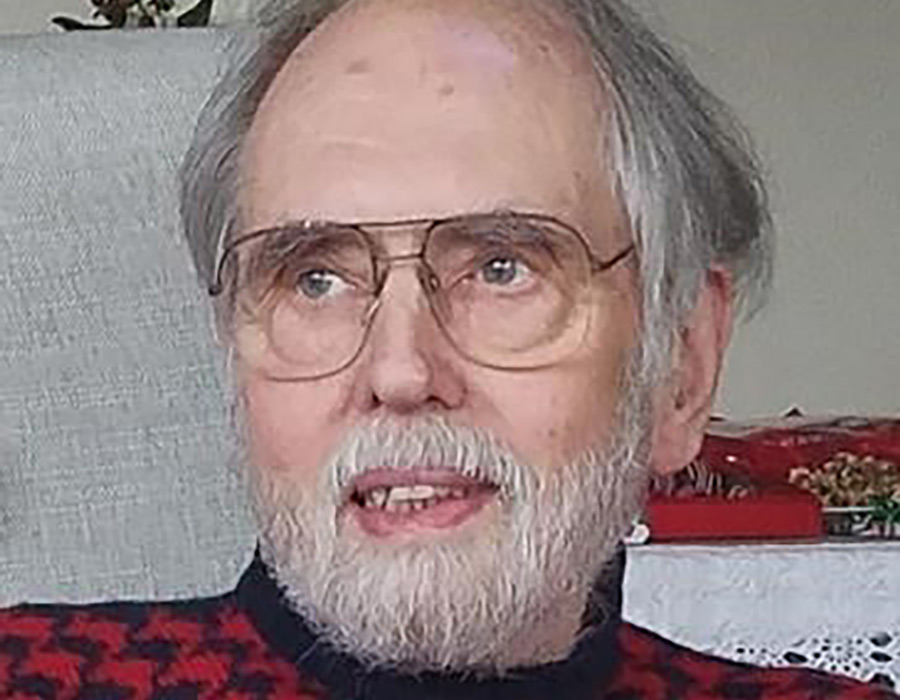
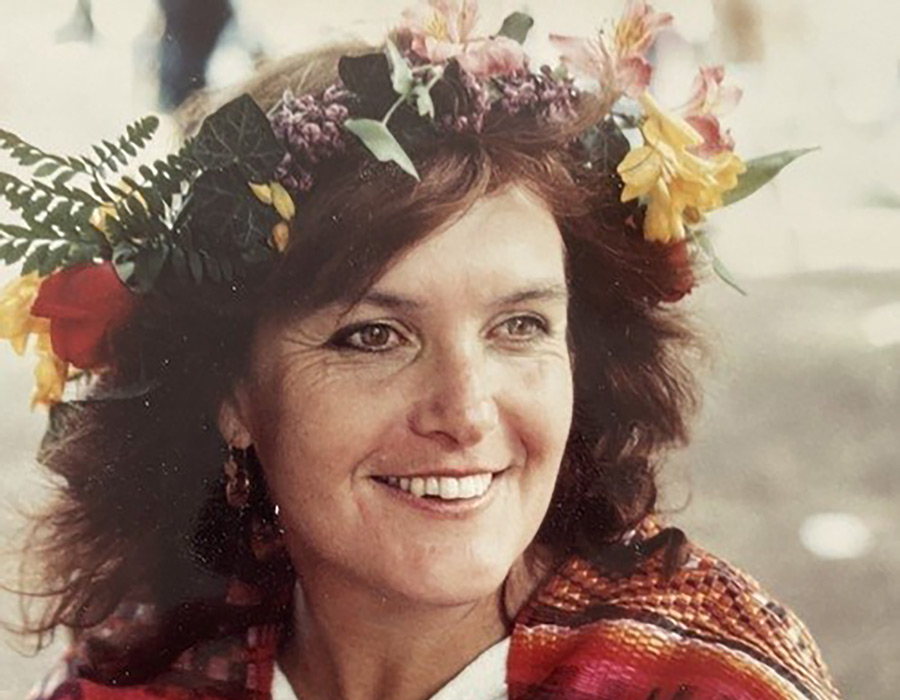
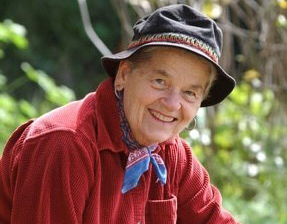
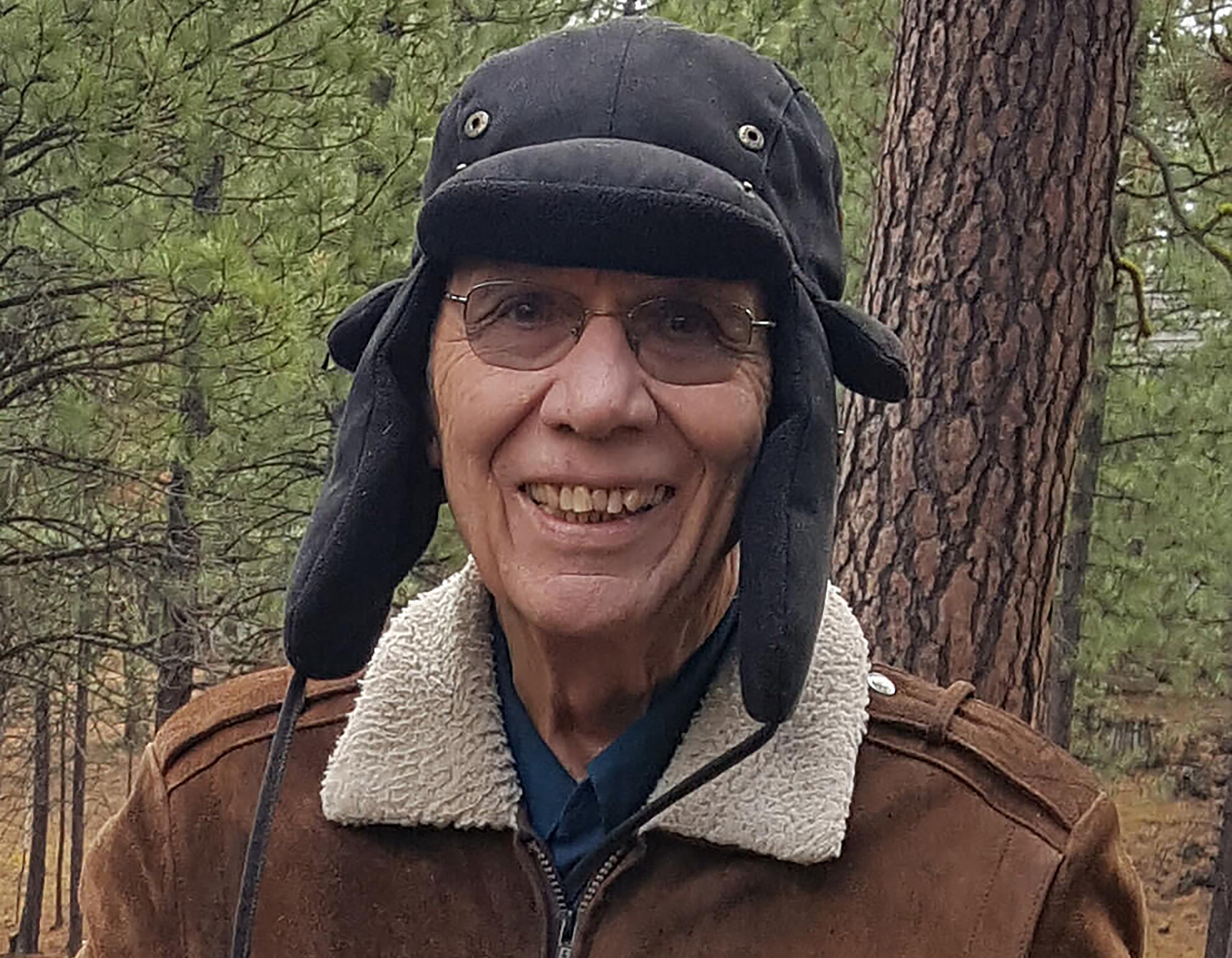
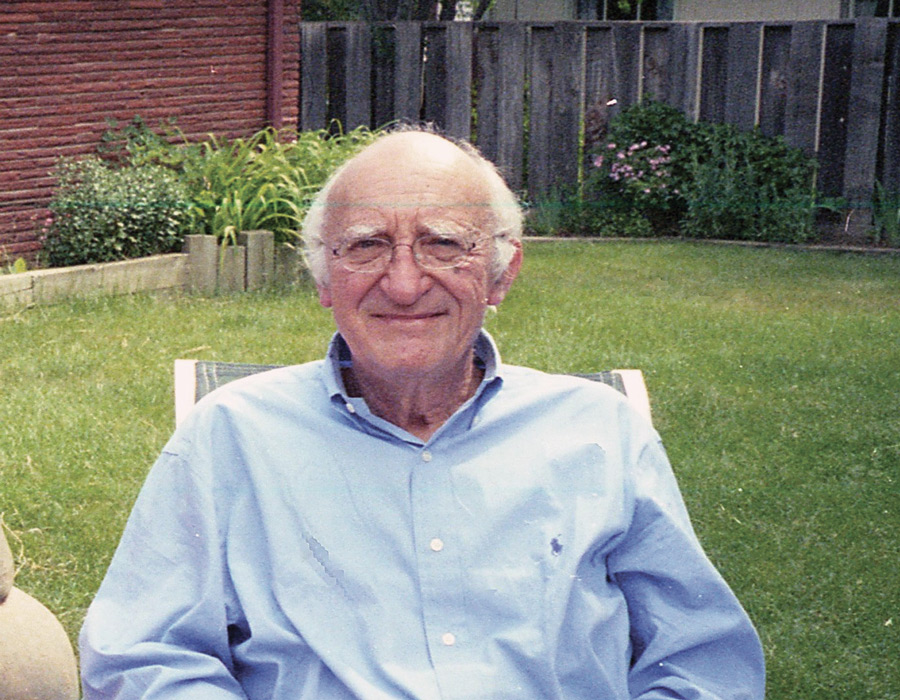

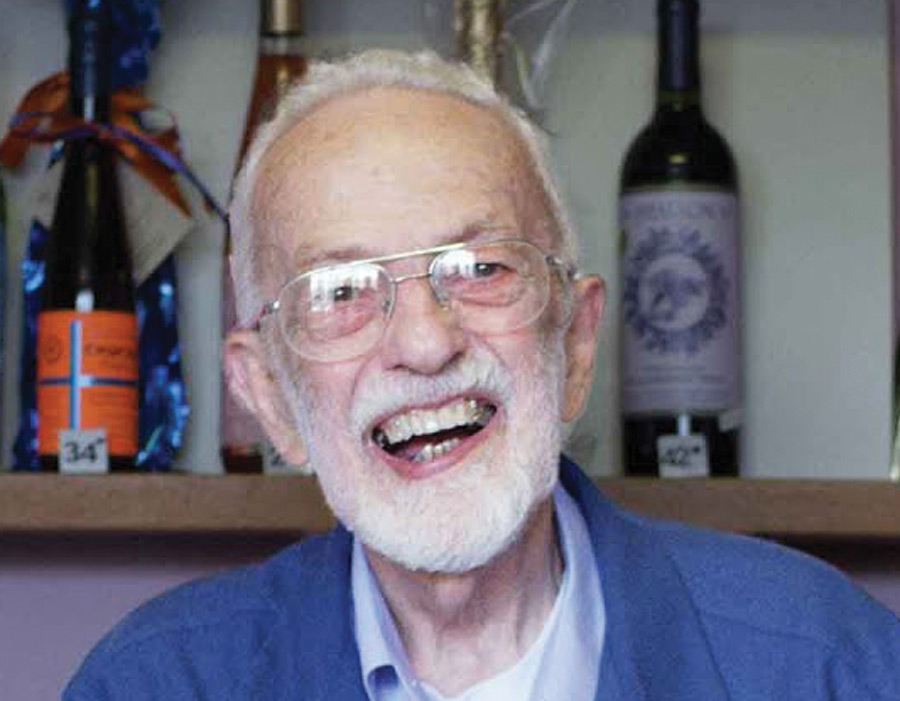
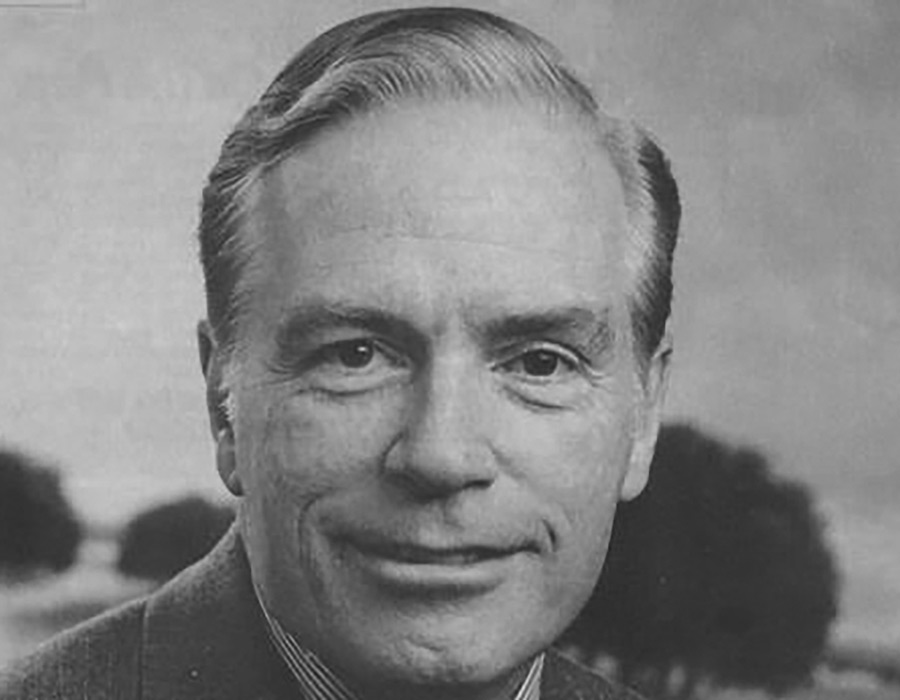
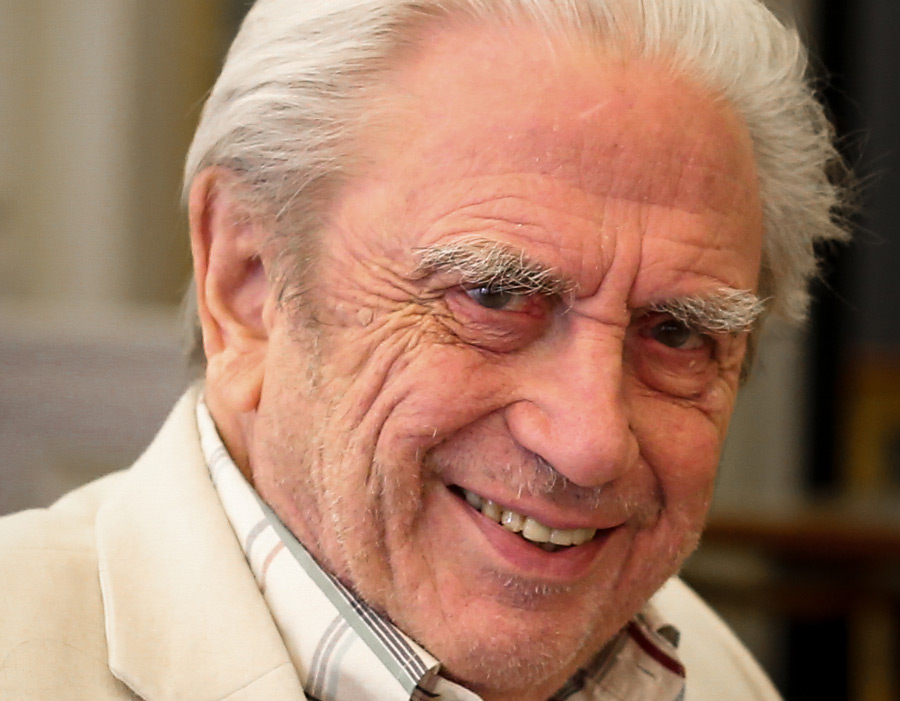
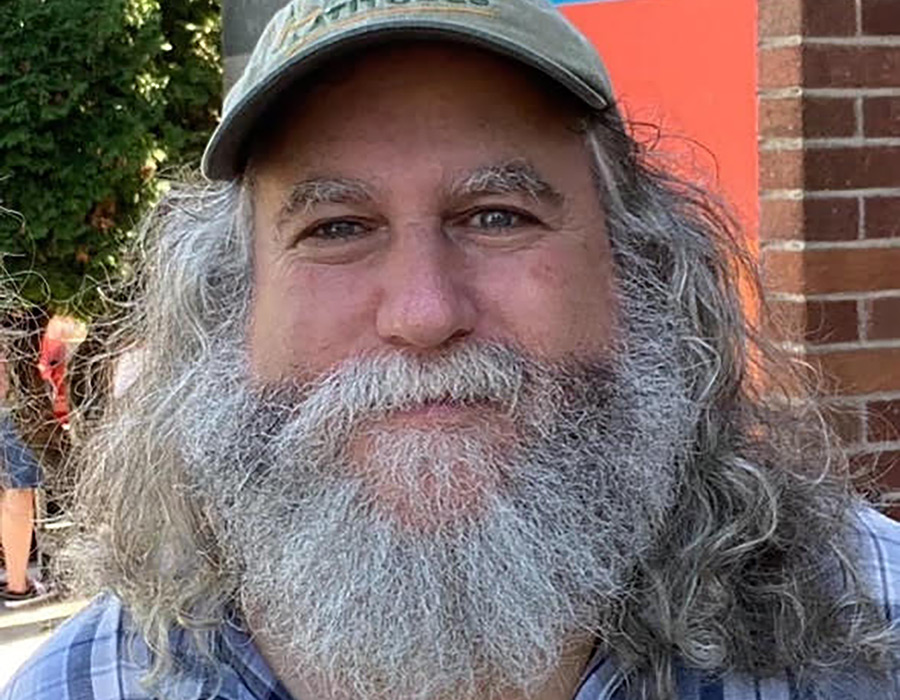


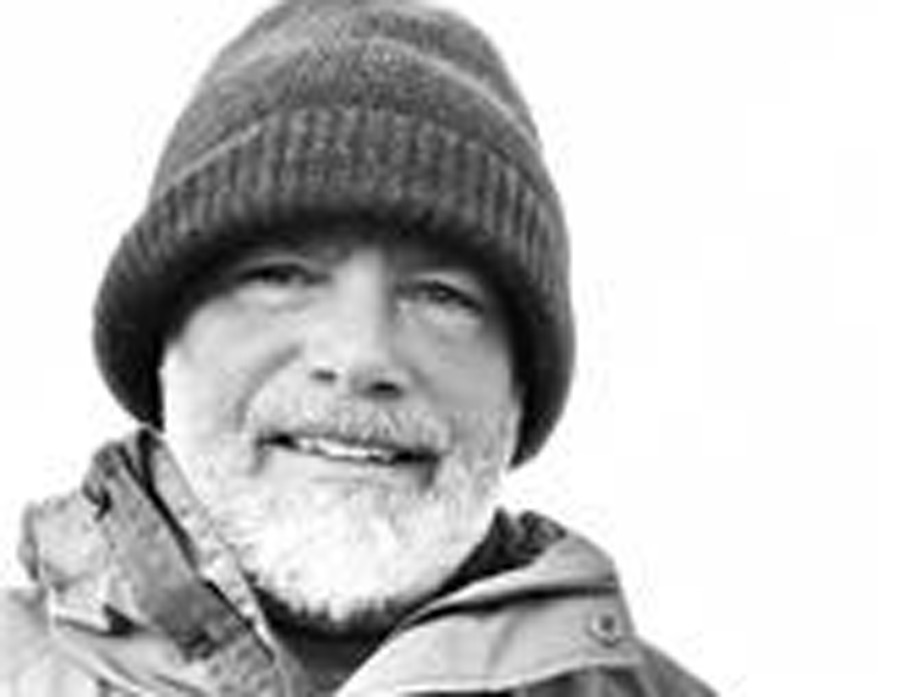
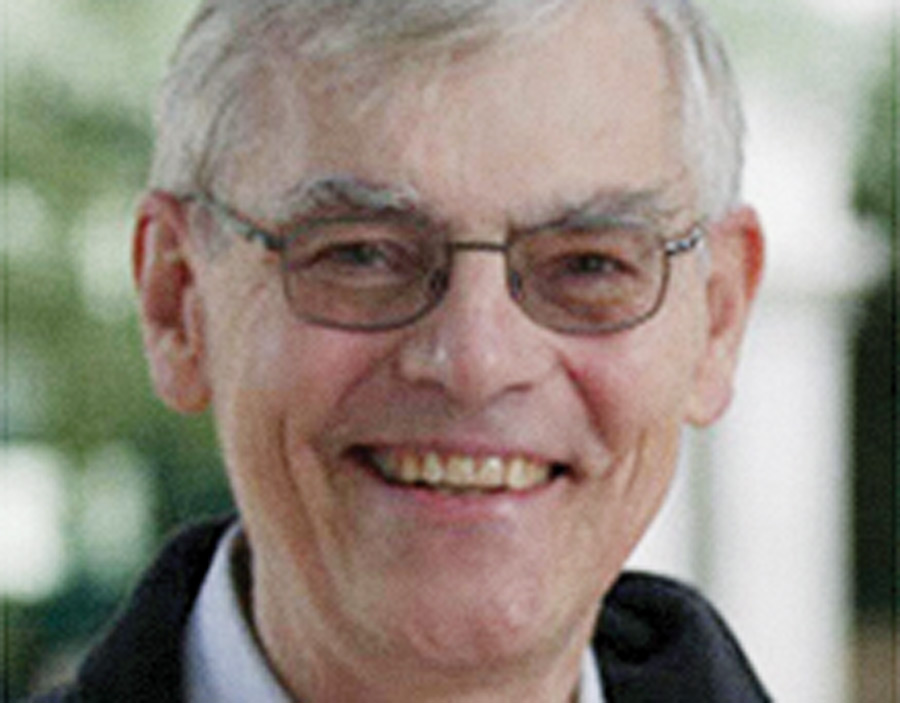

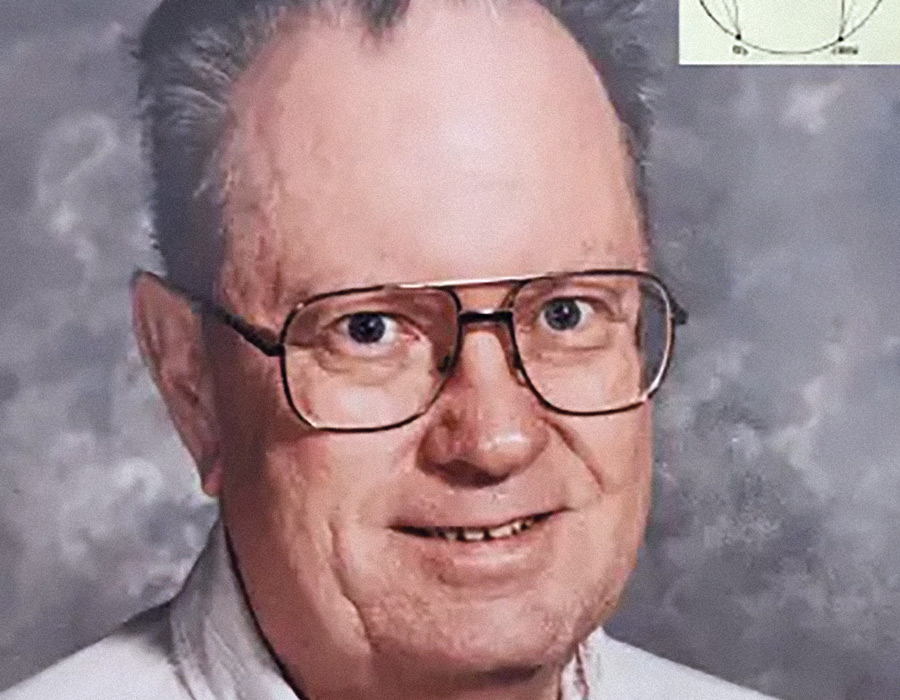
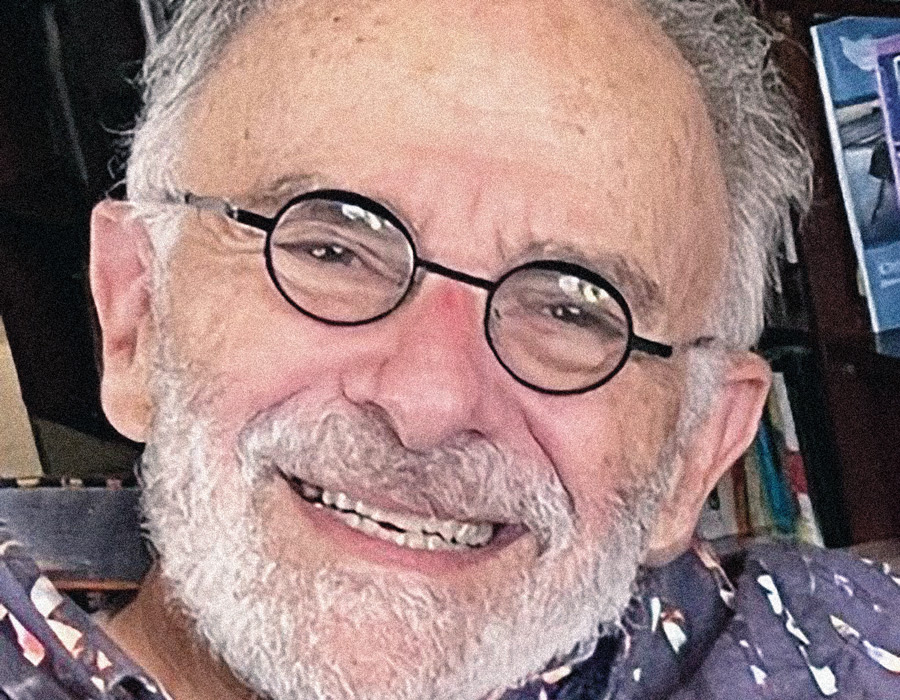
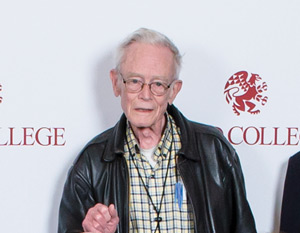
![Photo of Prof. Laurens Ruben [biology 1955–92]](https://www.reed.edu/reed-magazine/in-memoriam/assets/images/Larry-Ruben-copy.jpg)
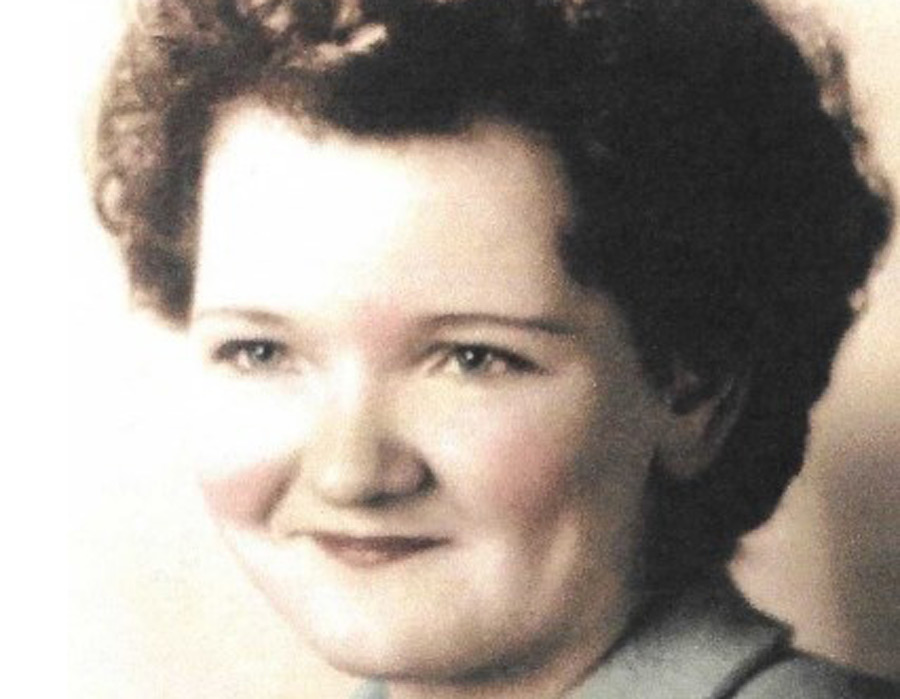
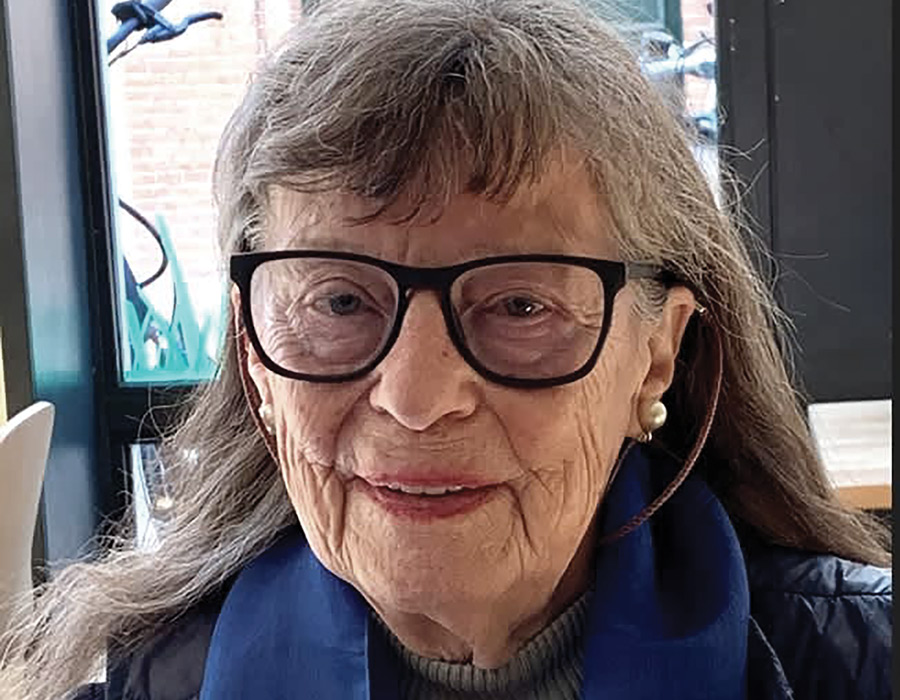
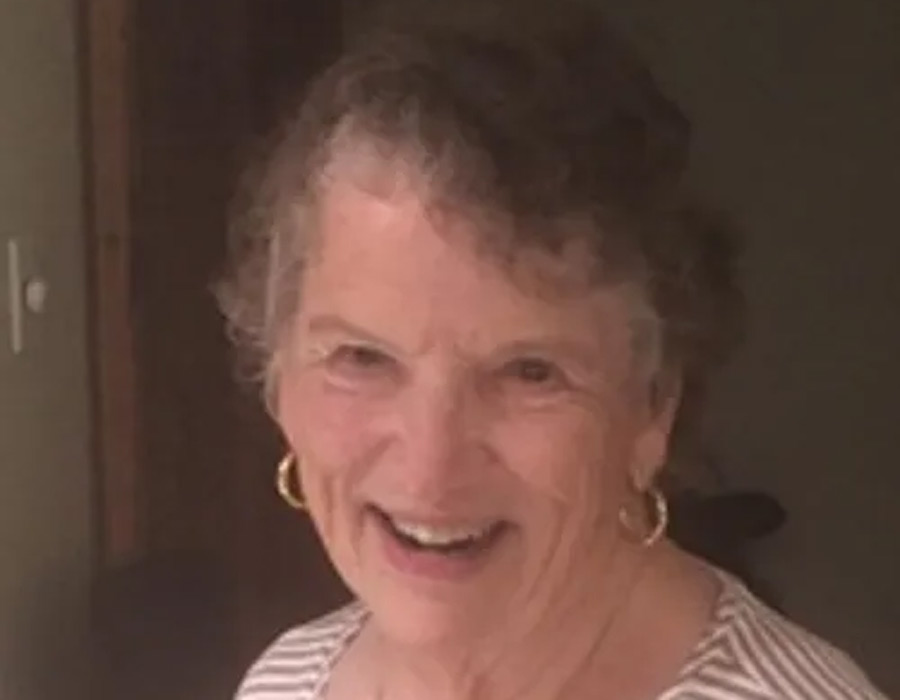
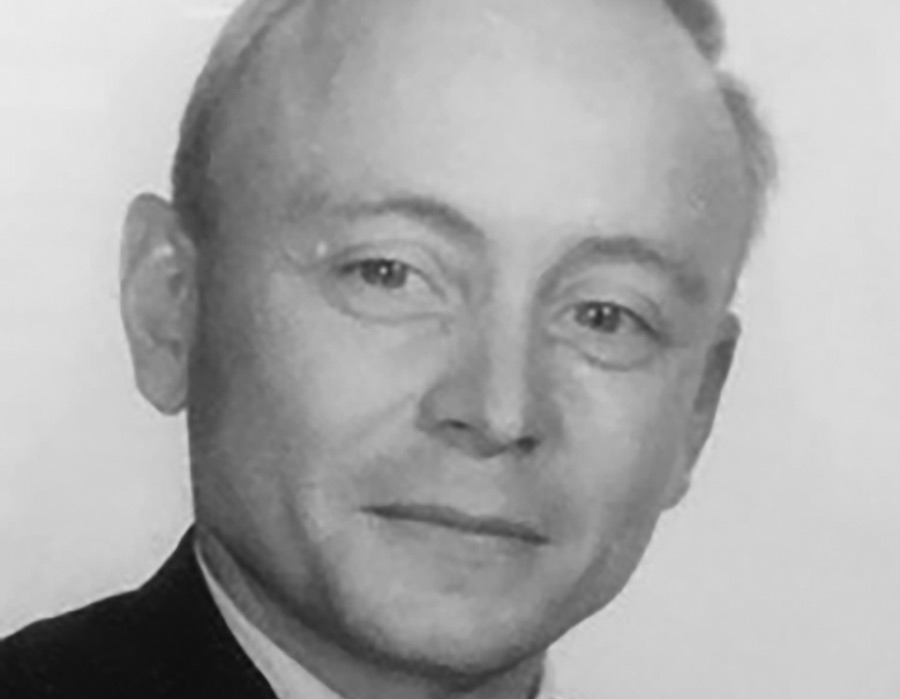
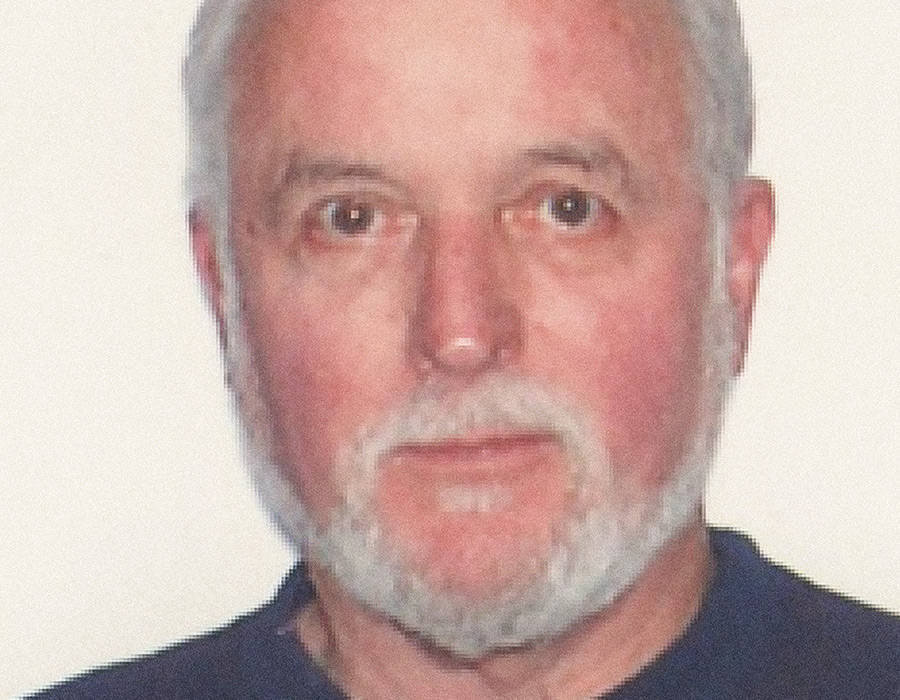
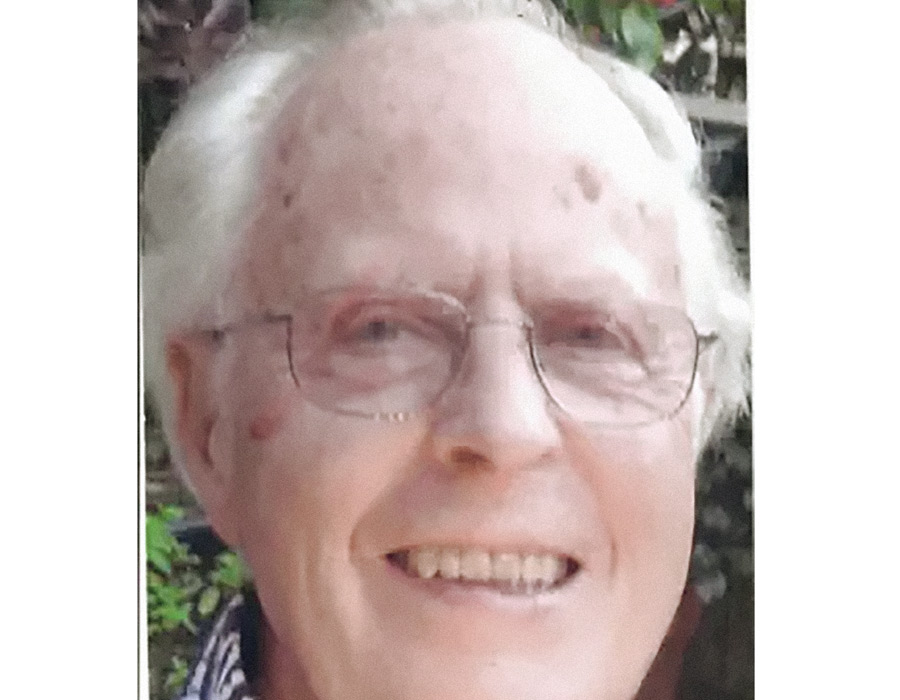
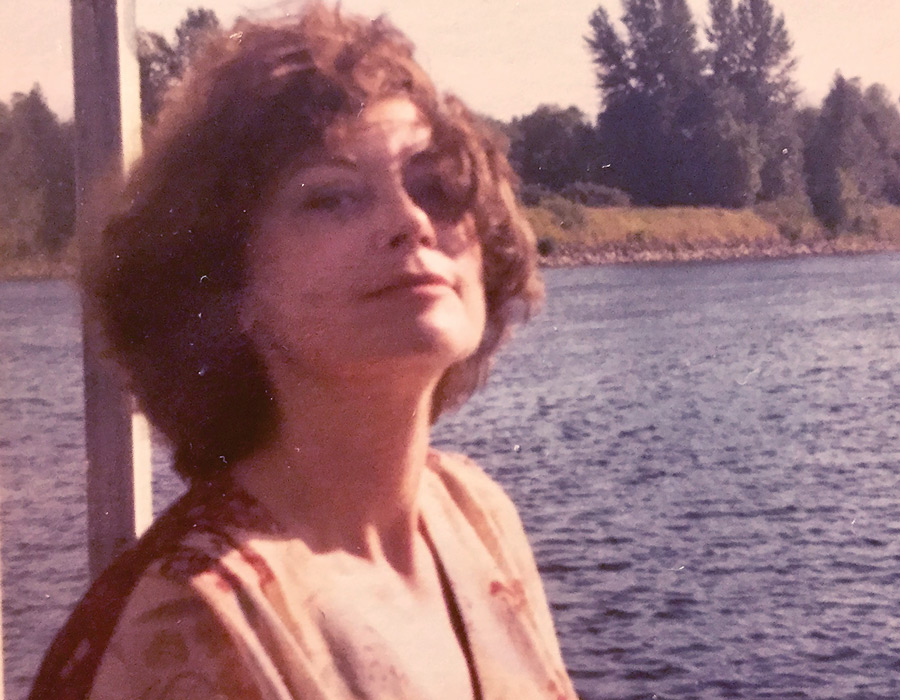
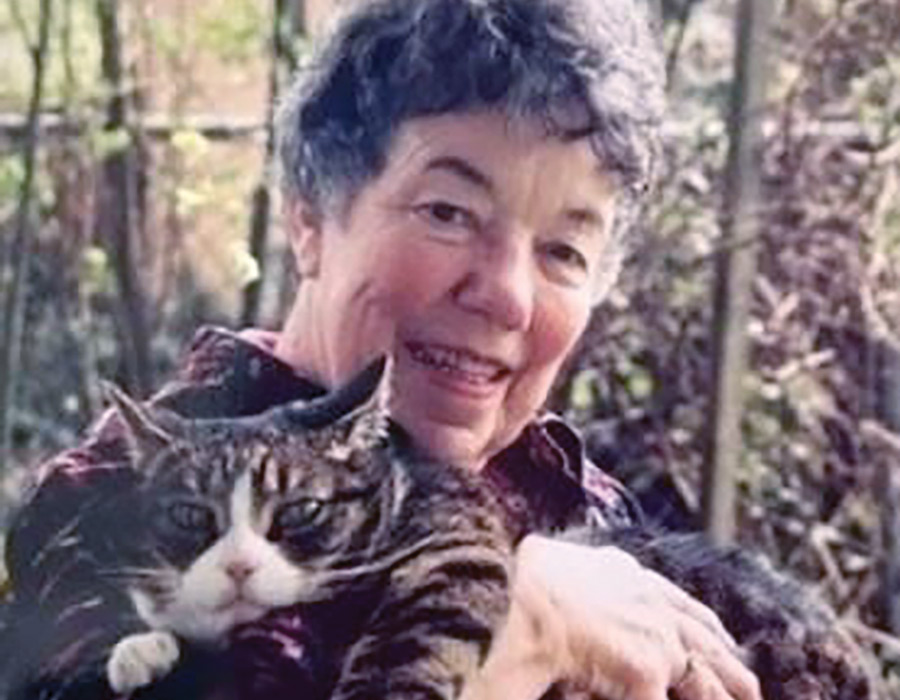
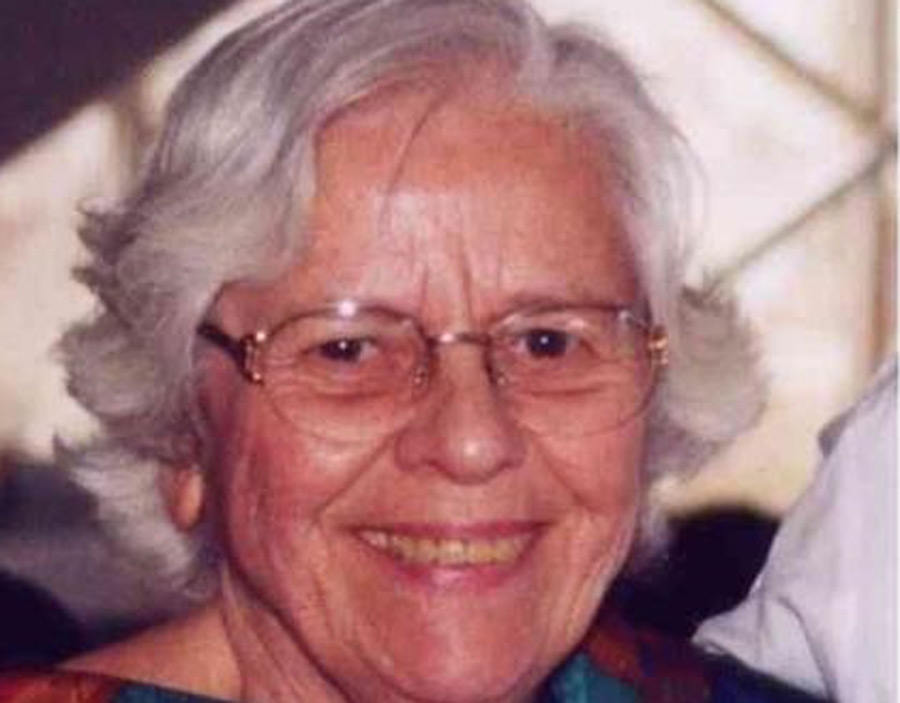
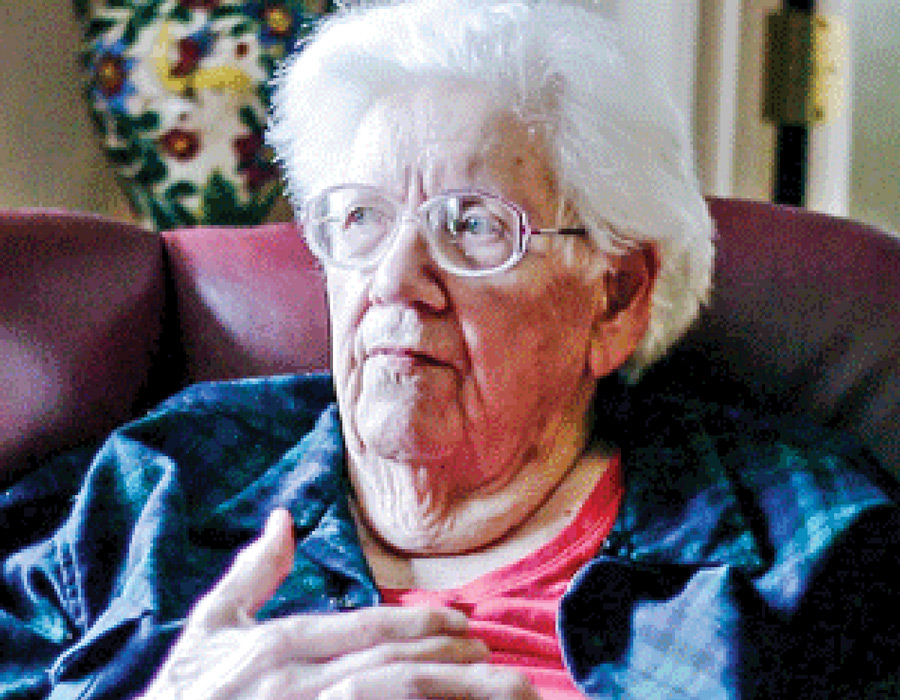
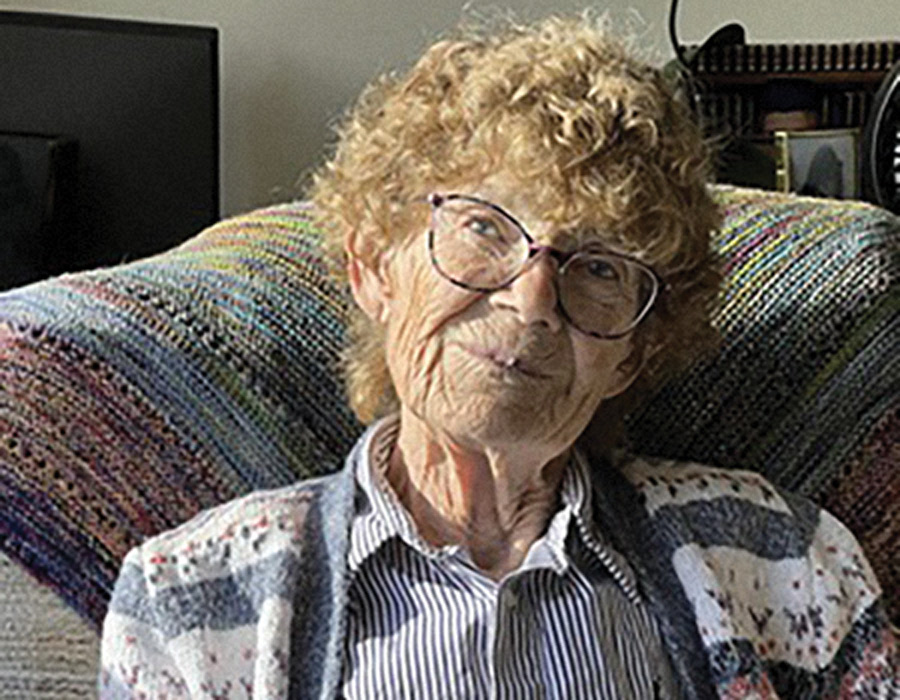
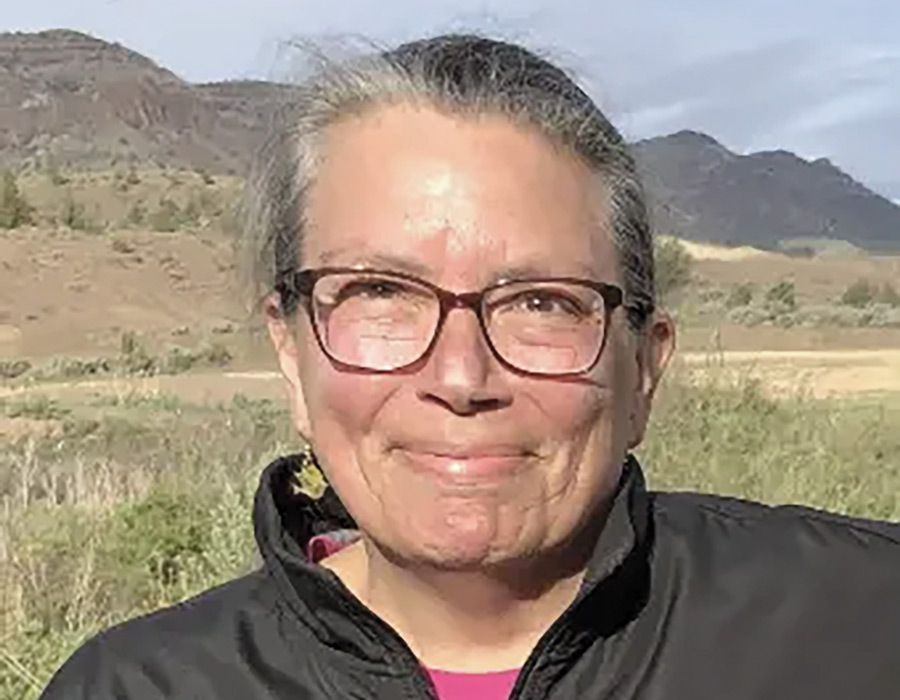
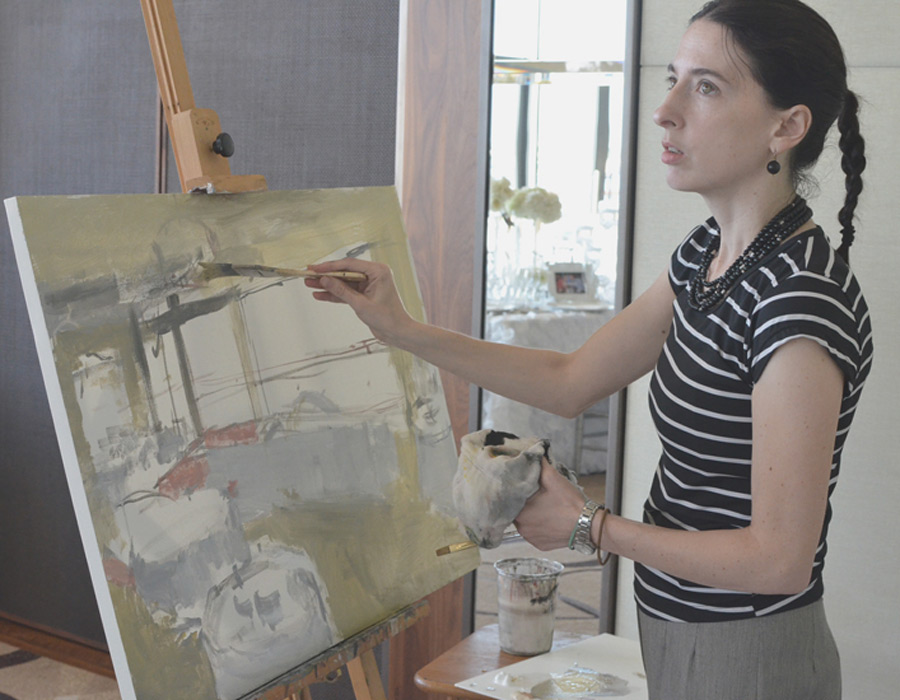


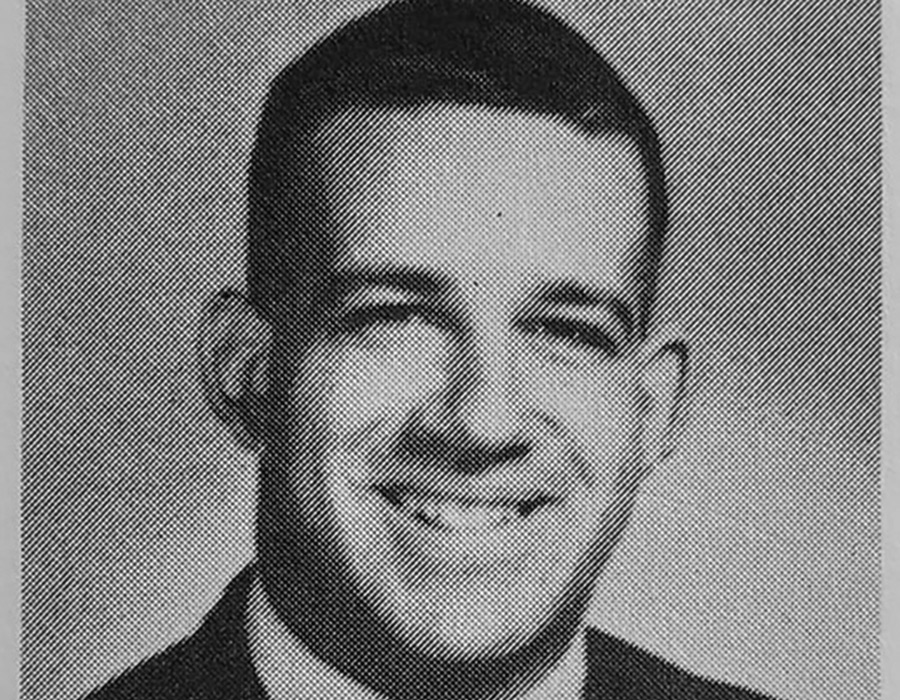
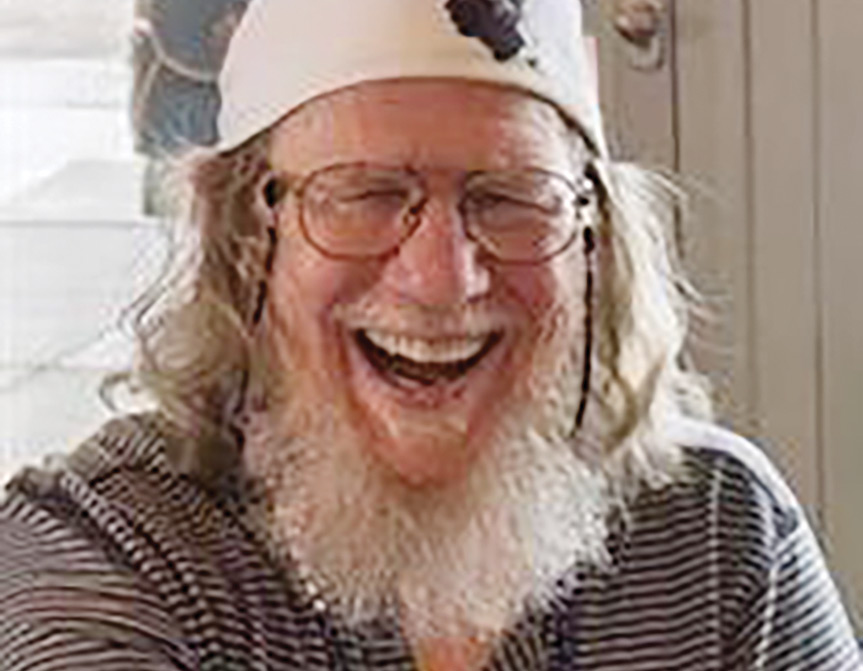
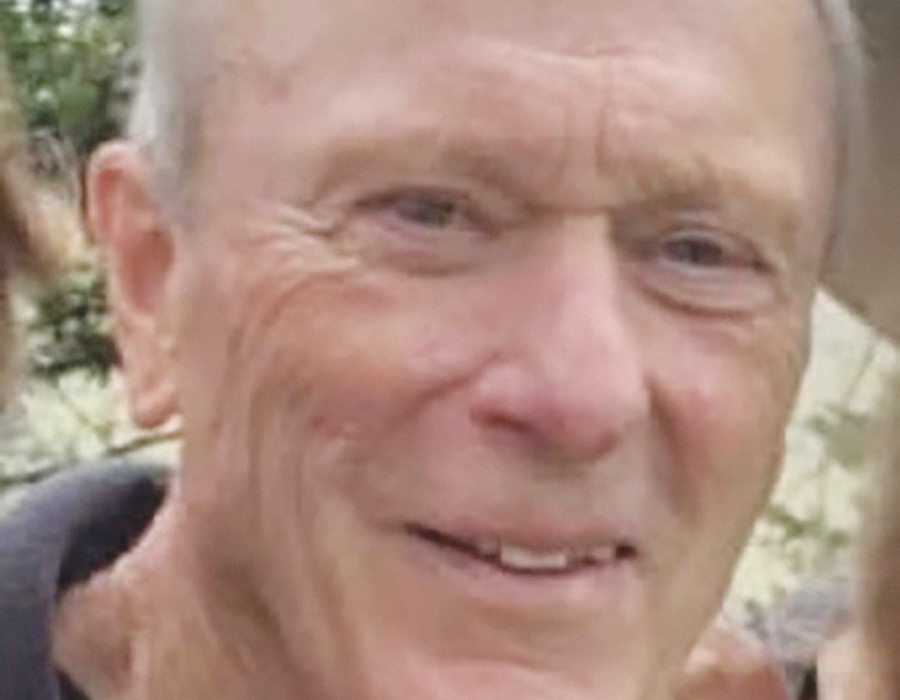

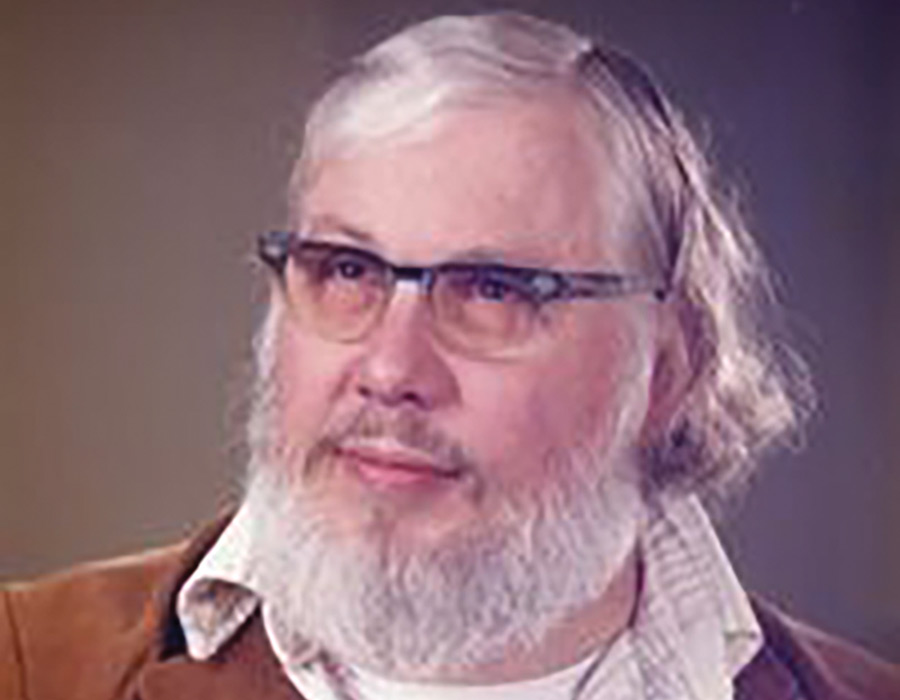
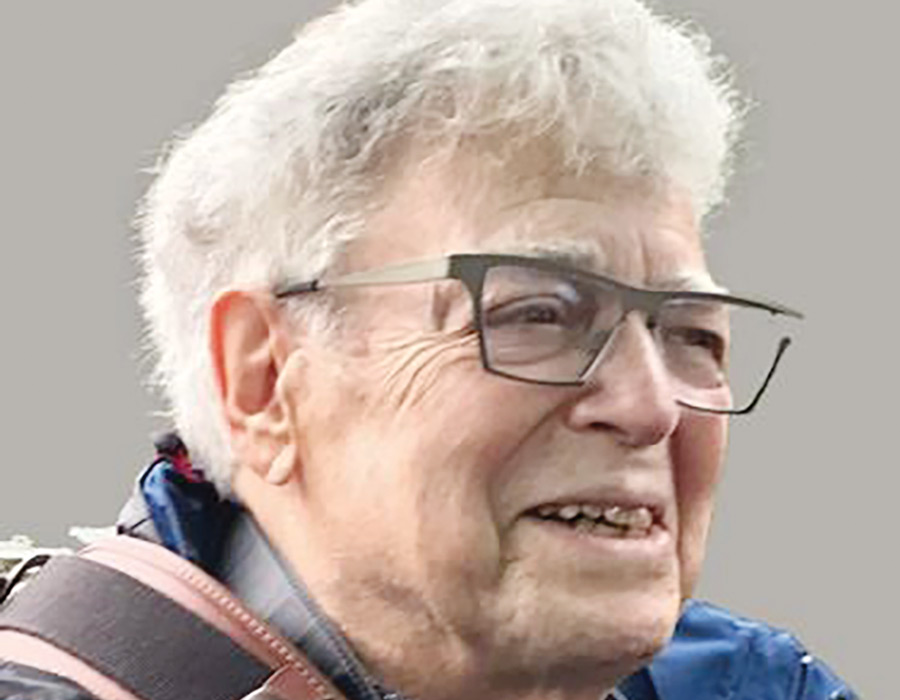
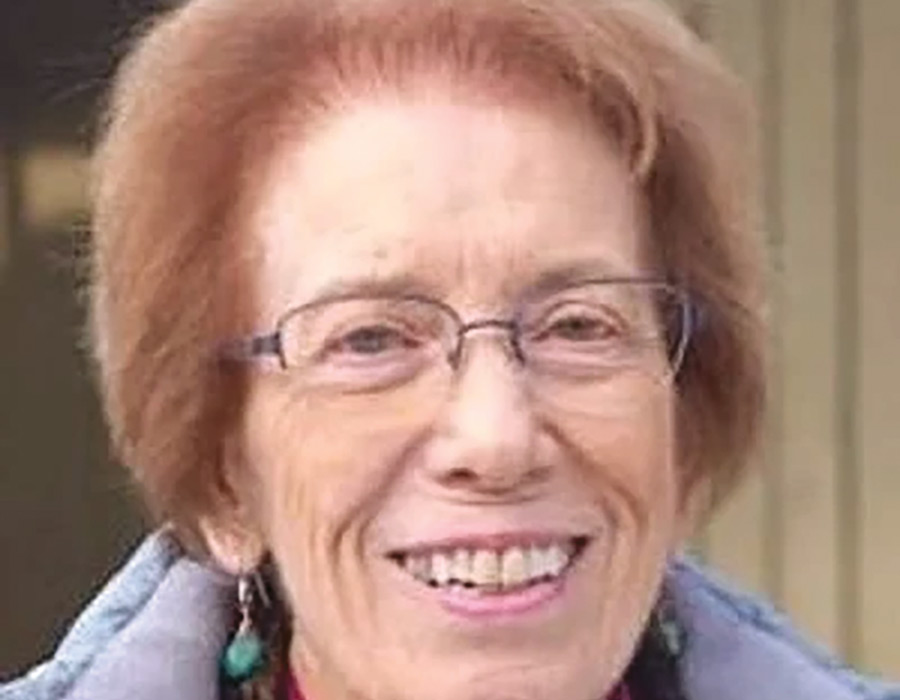
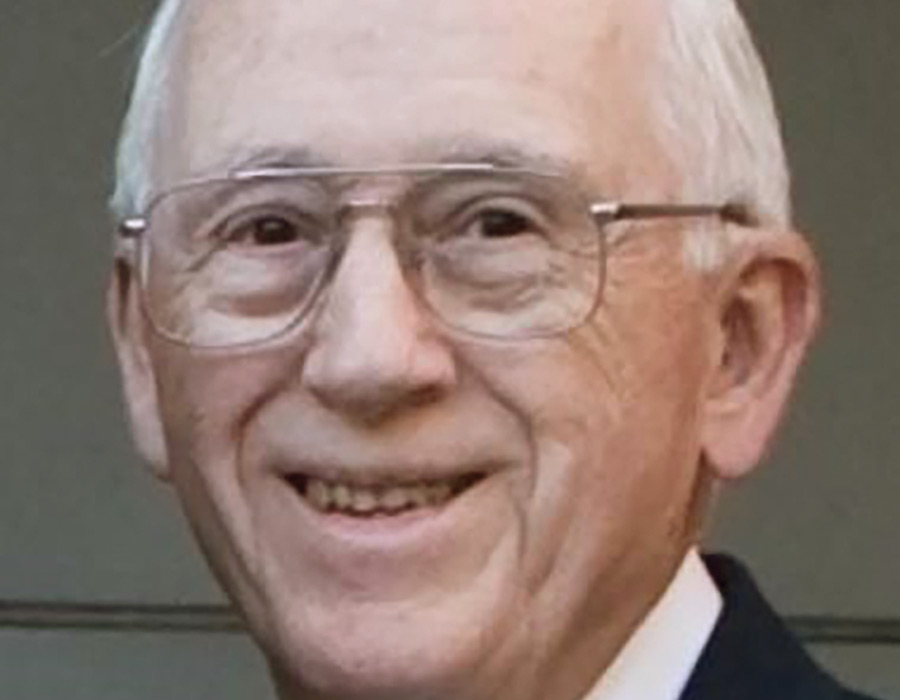

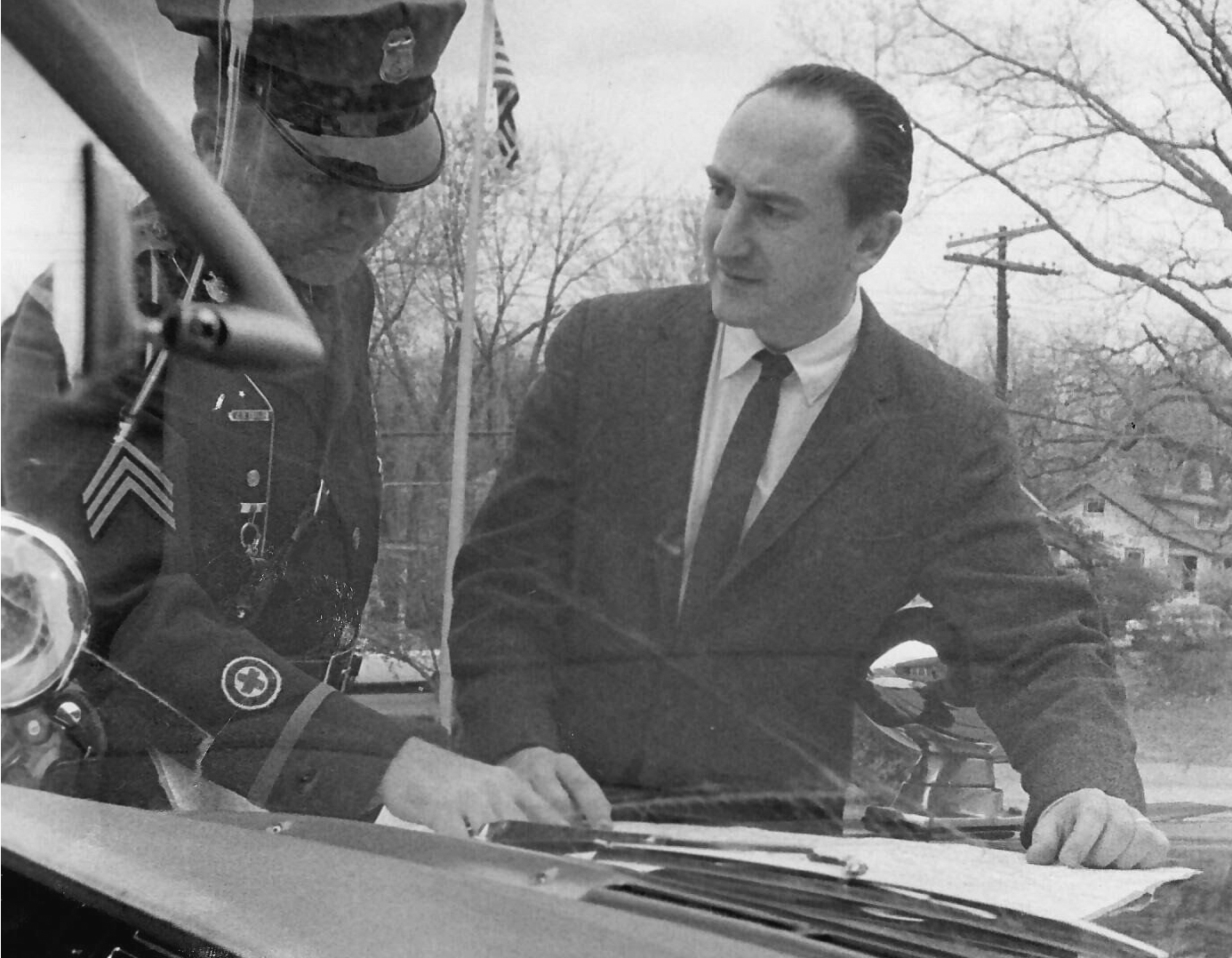

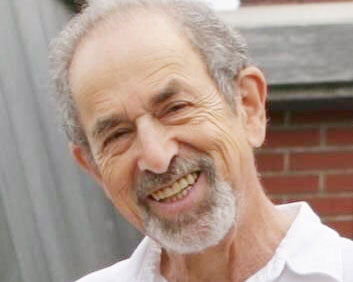
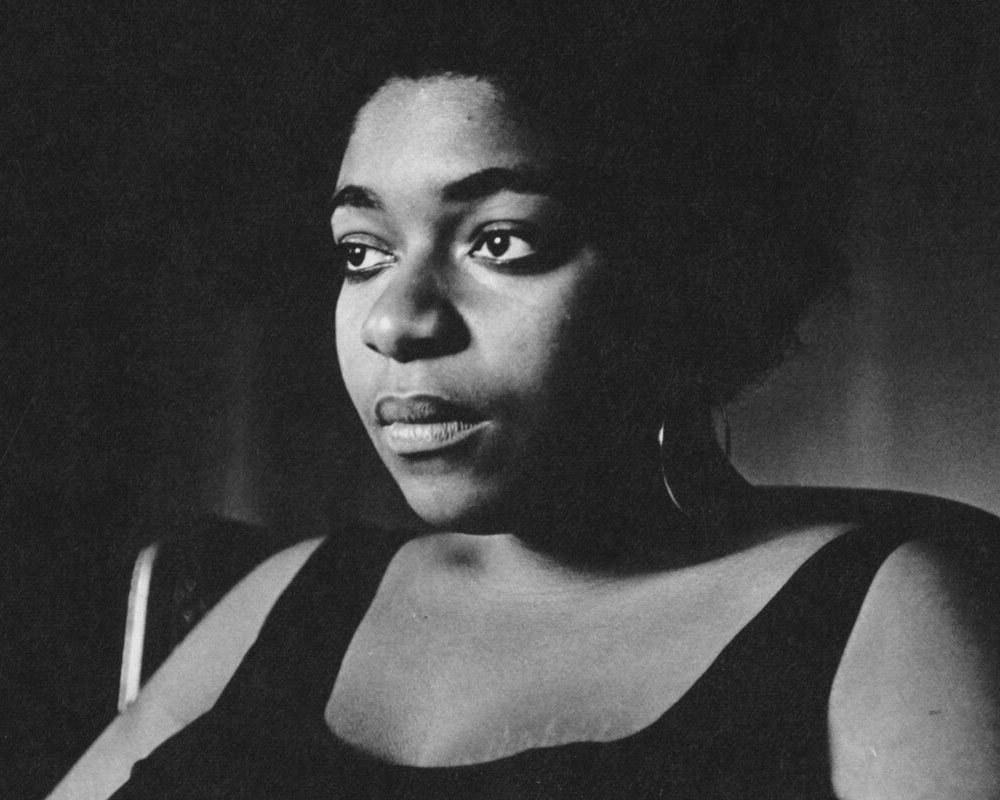


![Photo of Prof. Marvin Levich [philosophy 1953–94]](https://www.reed.edu/reed-magazine/in-memoriam/assets/images/2022/LTL-levich1.jpg)
![Photo of President Paul E. Bragdon [1971–88]](https://www.reed.edu/reed-magazine/in-memoriam/assets/images/2020/Bragdon.jpg)
![Photo of Prof. Edward Barton Segel [history 1973–2011]](https://www.reed.edu/reed-magazine/in-memoriam/assets/images/2020/Segel.jpg)








































































